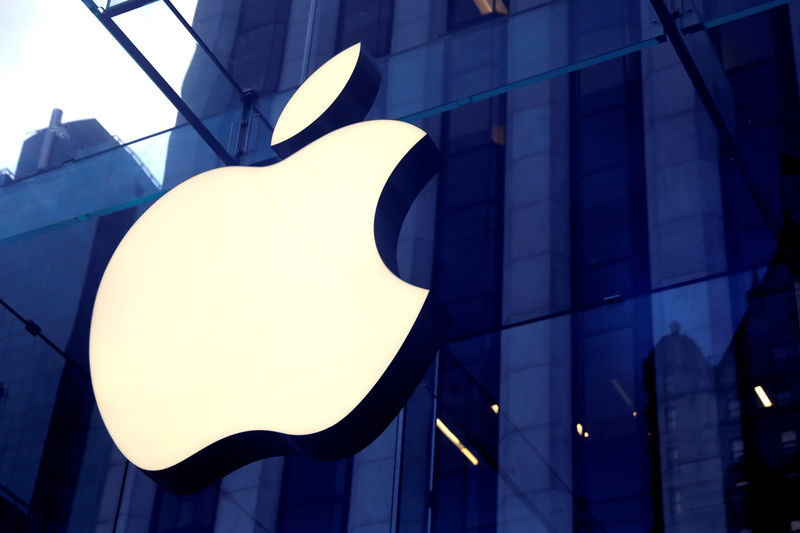By Holger Hansen
BERLIN (Reuters) - Apple (NASDAQ:AAPL) said on Friday moves in Germany to force it to open up its Apple Pay mobile payments system to rivals could hurt data protection and the security of financial information.
A German parliamentary committee unexpectedly voted in a late-night session on Wednesday to force the tech giant to open up Apple Pay to rival providers in Germany.
This came in the form of an amendment to an anti-money laundering law that was adopted late on Thursday by the full parliament and is set to come into effect early next year.
The legislation, which did not name Apple specifically, will force operators of electronic money infrastructure to offer access to rivals for a reasonable fee.
The law highlights the growing desire in Germany for tighter regulation of U.S. technology companies.
Apple Pay, which lets people pay with their iPhones, is a fast growing area of the company's business, one which threatens to undermine traditional banks' long-standing dominance of retail payment systems.
"We are surprised at how suddenly this legislation was introduced," Apple said on Friday. "We fear that the draft law could be harmful to user friendliness, data protection and the security of financial information."
A person close to the government coalition said Chancellor Angela Merkel's office had pushed for the committee to withdraw the amendment

That charge was denied by a senior official in the office who said there had been complete consensus within the government over the move. The only question mark had been over whether the Finance Ministry had checked the legislation was legally watertight. With that confirmed, the office had no further reservations, the official said.